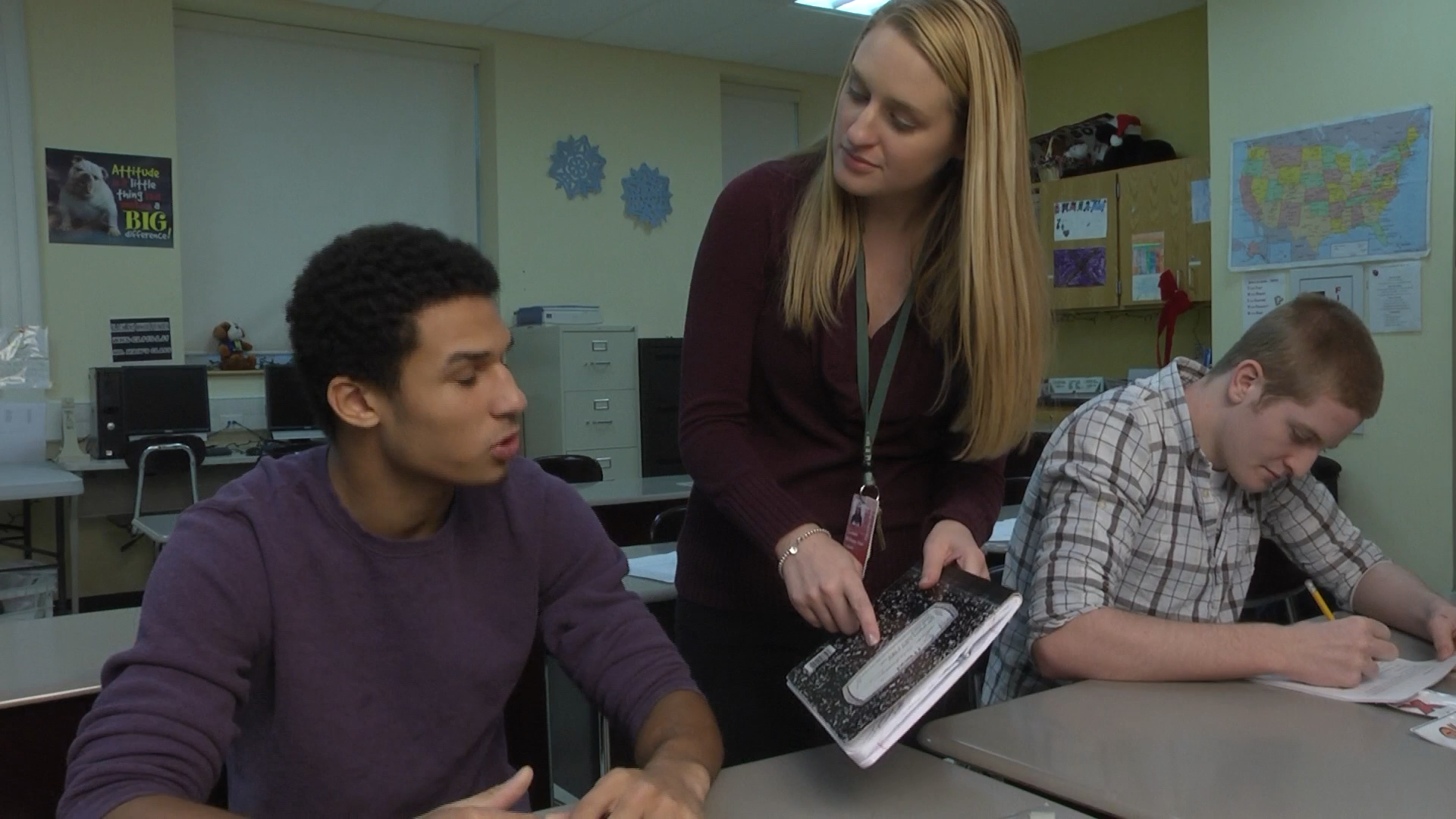
In this blog post, we will focus on teaching self-control skills to students in special education. Self-control is an essential aspect of Social-Emotional Learning, as it helps students regulate their emotions and actions in various situations. By improving self-control, students can avoid negative consequences and make better decisions.
Introduction
Self-control is the ability to manage one’s emotions and actions, even in challenging situations. For students in special education, developing self-control is crucial for building positive relationships, avoiding conflicts, and maintaining a productive learning environment. In the following sections, we will explore a no-prep activity, discussion questions, and related skills that educators can use to teach self-control effectively.
No-Prep Activity: The Stoplight Technique
This simple yet effective activity requires no preparation or materials from the educator and can be easily incorporated into the classroom routine. The Stoplight Technique helps students visualize the process of gaining control over their emotions and actions.
- Ask the students to imagine a stoplight with three colors: red, yellow, and green.
- Explain that when they start to feel overwhelmed or upset, they should think of the red light. This means they need to stop and take a moment to breathe.
- Next, have them envision the yellow light. This represents the need to slow down, think about the situation, and consider their options.
- Finally, the green light symbolizes taking action. After reflecting on their emotions and options, students can choose an appropriate response and move forward.
Encourage students to practice the Stoplight Technique whenever they feel they are losing self-control. With time and practice, this technique can become a helpful tool for managing emotions and actions.
Discussion Questions
Use these questions to stimulate further discussions about self-control among your students:
- Why is self-control important in school and other social situations?
- What are some strategies you can use to regain self-control when you feel overwhelmed or upset?
- How can losing self-control affect your relationships with your peers and teachers?
- Can you think of a time when you successfully used self-control? How did it impact the situation?
- What are some consequences of not having self-control? How can these consequences be avoided?
Related Skills
Besides self-control, other relevant skills for students in special education include:
- Emotion regulation: Understanding and managing one’s emotions in a healthy and appropriate manner.
- Problem-solving: Identifying and resolving conflicts or challenges in a constructive way.
- Communication: Expressing thoughts, feelings, and needs effectively and respectfully.
- Empathy: Recognizing and understanding the emotions and perspectives of others.
- Resilience: Bouncing back from setbacks and maintaining a positive outlook in the face of adversity.
Next Steps
Teaching self-control is an essential component of Social-Emotional Learning for special education students. By incorporating activities like the Stoplight Technique and engaging in meaningful discussions, educators can help students develop this crucial skill.
To access free sample materials on self-control and other related skills, sign up at Everyday Speech’s Sample Materials page. These resources can serve as a valuable starting point for educators looking to enhance their students’ self-control and overall social-emotional development.

